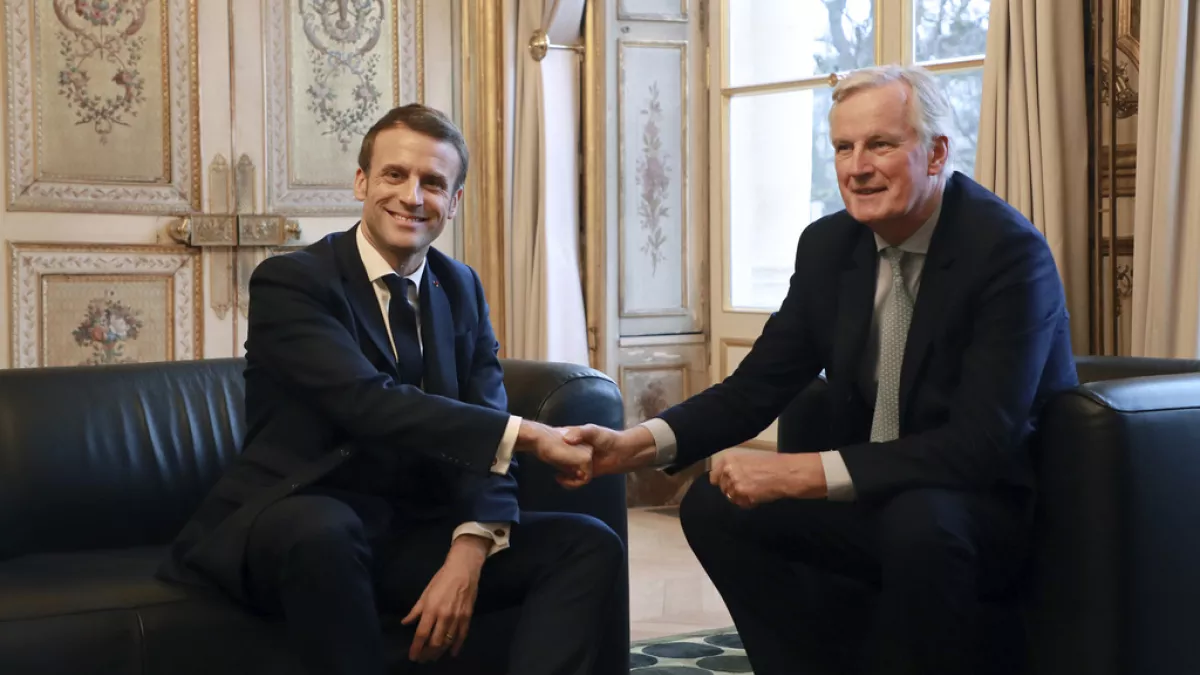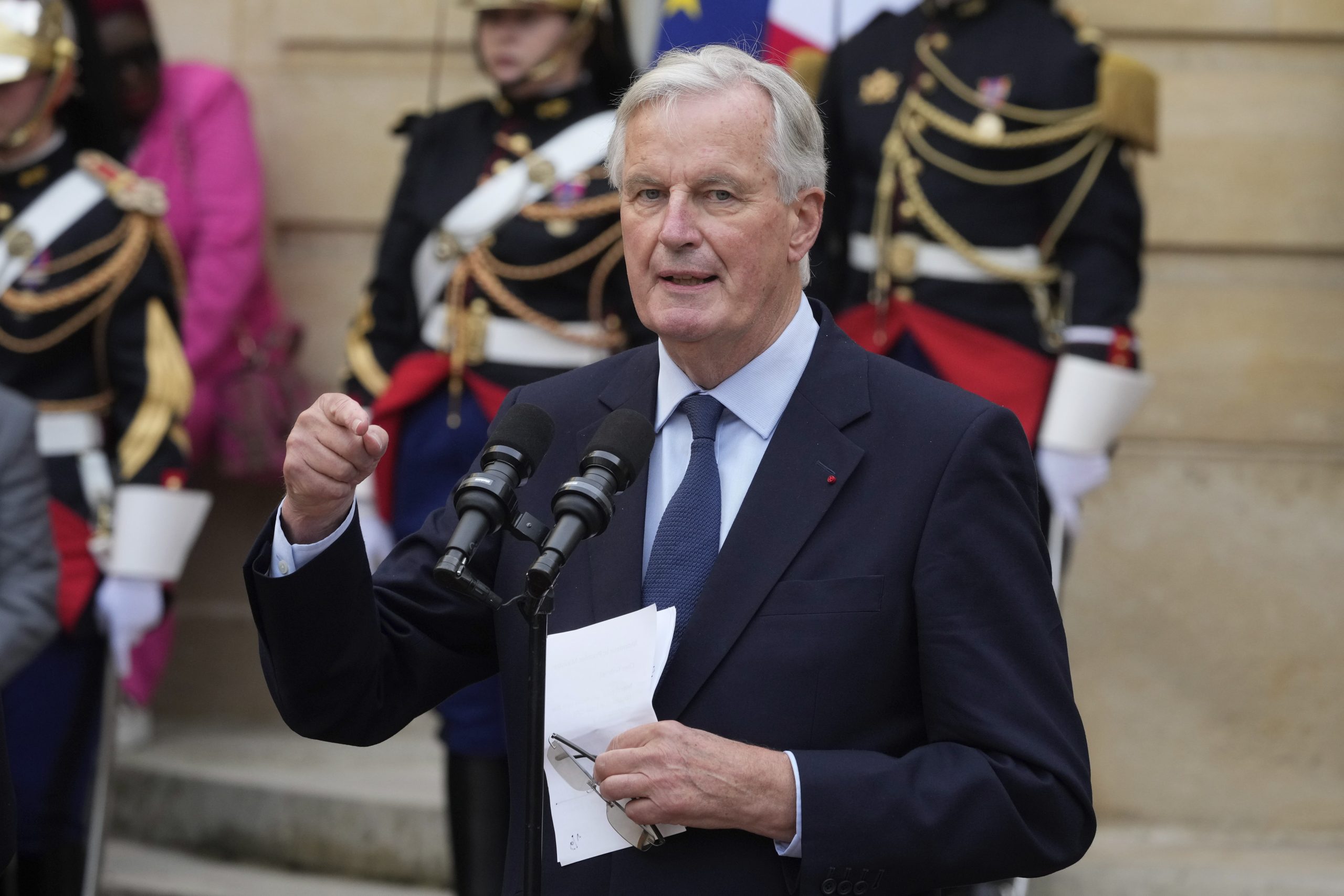Mounting threats of a no-confidence motion in parliament have placed Michel Barnier’s new government under significant pressure even before it has begun its work, as street protests continue to express public dissatisfaction with the new French prime minister’s administration.
Eleven weeks after French President Emmanuel Macron called a snap general election, the new government was officially formed on Saturday night. However, there is little indication that the newly appointed cabinet, which represents a decisive shift to the right, will ease political tensions.
Opposition parties from the left immediately announced their intent to destabilize Barnier’s government — Barnier, who is widely recognized internationally for his role as the EU’s Brexit negotiator — by submitting a no-confidence motion in parliament.
Far-right parties have also condemned the new cabinet, dismissing it as “more of the same.”
Despite a tactical push by left-wing voters in the second round of voting in July, the leftist coalition, the New Popular Front (NFP), emerged as the largest parliamentary group but without the majority needed to govern.
Meanwhile, Marine Le Pen’s far-right National Rally (RN) became the most successful individual party in the election.
Barnier’s new government comprises members of his own conservative Republicans (LR) party alongside allies from Macron’s centrist Renaissance alliance.
Discussions between Macron and Barnier about the precise composition of the 39-member cabinet continued right up until the announcement late Saturday.
The newly formed government has since faced harsh criticism from both sides of the political spectrum. Jean-Luc Mélenchon condemned it as a “government of the election’s losers,” adding that French citizens should be allowed to overturn the administration “at the first available opportunity.”
Prior to the announcement, thousands of left-wing protesters took to the streets of Paris and other cities, denouncing the rightward shift in the government. They labeled the results as a failure in leadership and a betrayal of the electorate, mocking the election process itself.

New French prime minister Michel Barnier and Outgoing PM Macron
Olivier Faure, leader of the Socialist Party, called the new cabinet “reactionary” and accused it of “flipping democracy the bird.” RN leader Jordan Bardella also criticized the government, declaring it had “no future at all.”
Macron’s Renaissance party had to relinquish some major ministerial posts but still secured 12 out of the 39 available positions. This prompted Fabien Roussel, leader of the Communist Party, to comment, “This isn’t a new government, it’s just a reshuffle.”
Former President François Hollande, a Socialist, endorsed the idea of a no-confidence motion, calling the cabinet “the same as before, but with an even more right-leaning composition,” and predicting that it would impose “painful measures on our citizens.”
A no-confidence motion would require an absolute majority in parliament, which would force the government to resign immediately if passed. However, observers suggest this is an unlikely scenario, as it would necessitate cooperation between the far-right and leftist blocs, which remain staunch adversaries.
Barnier’s first major test will be presenting the 2025 budget, which aims to address what he has described as France’s “very serious” financial condition.
France has already been reprimanded for violating the European Union’s budgetary rules. The task of submitting the reform budget to parliament in October will fall to 33-year-old Antoine Armand, the newly appointed finance minister.
Other key cabinet appointments include Jean-Noël Barrot as the new foreign minister, while Bruno Retailleau, a right-wing Republican MP, takes up the role of interior minister. Retailleau’s portfolio will include immigration, a contentious issue even within Macron’s circle due to his hardline stance.
Barnier is expected to address the nation in a televised appearance later on Sunday to present his plans, followed by a major speech in parliament on October 1.











































